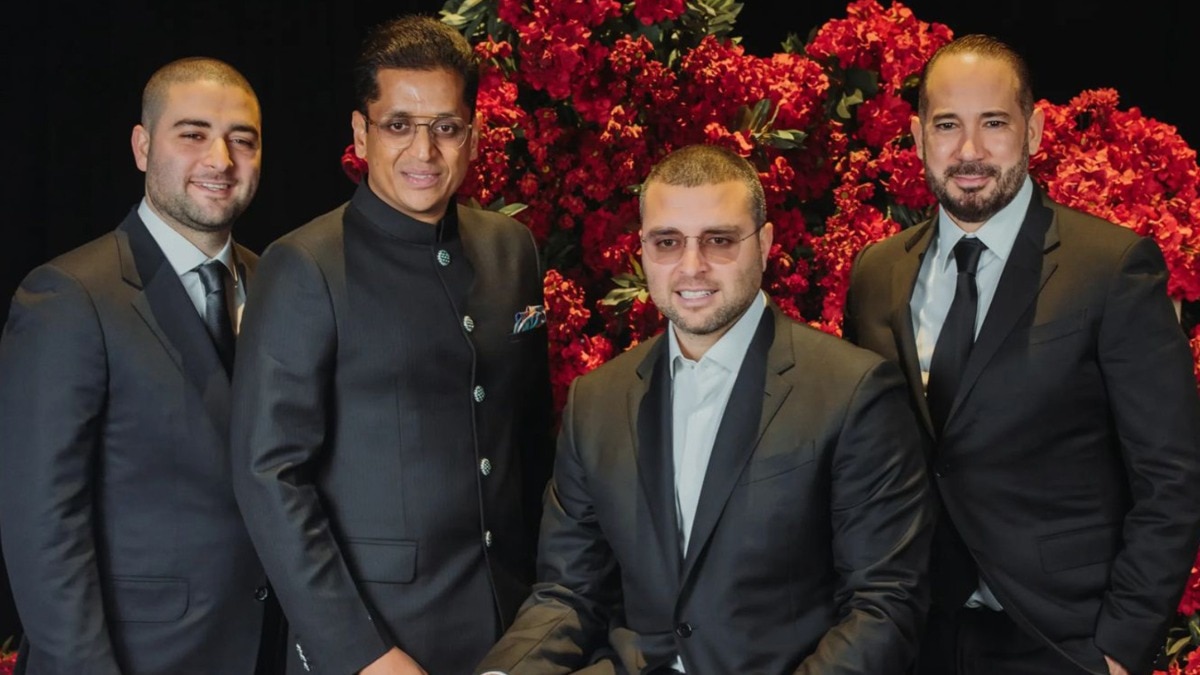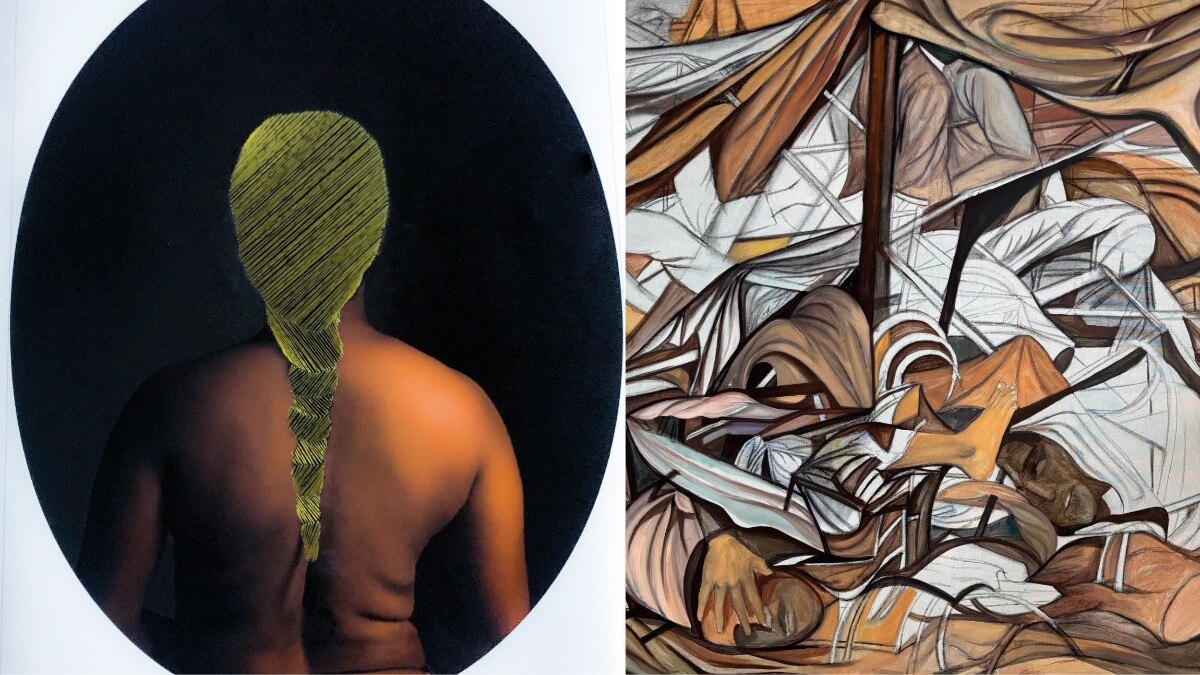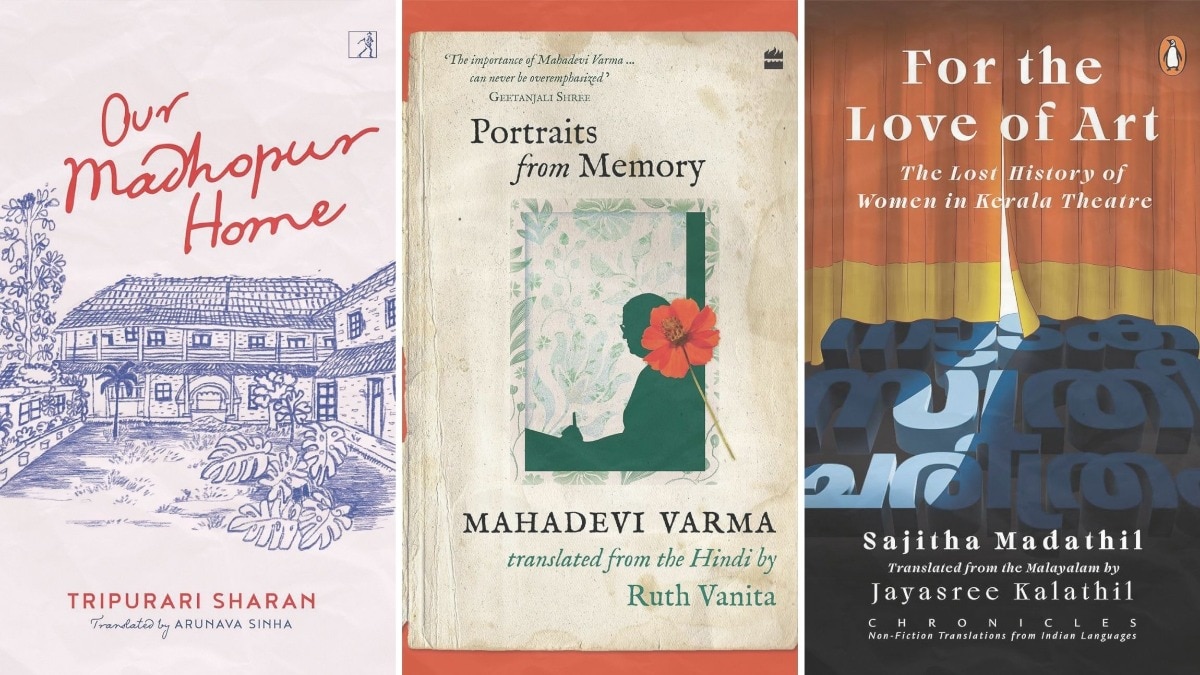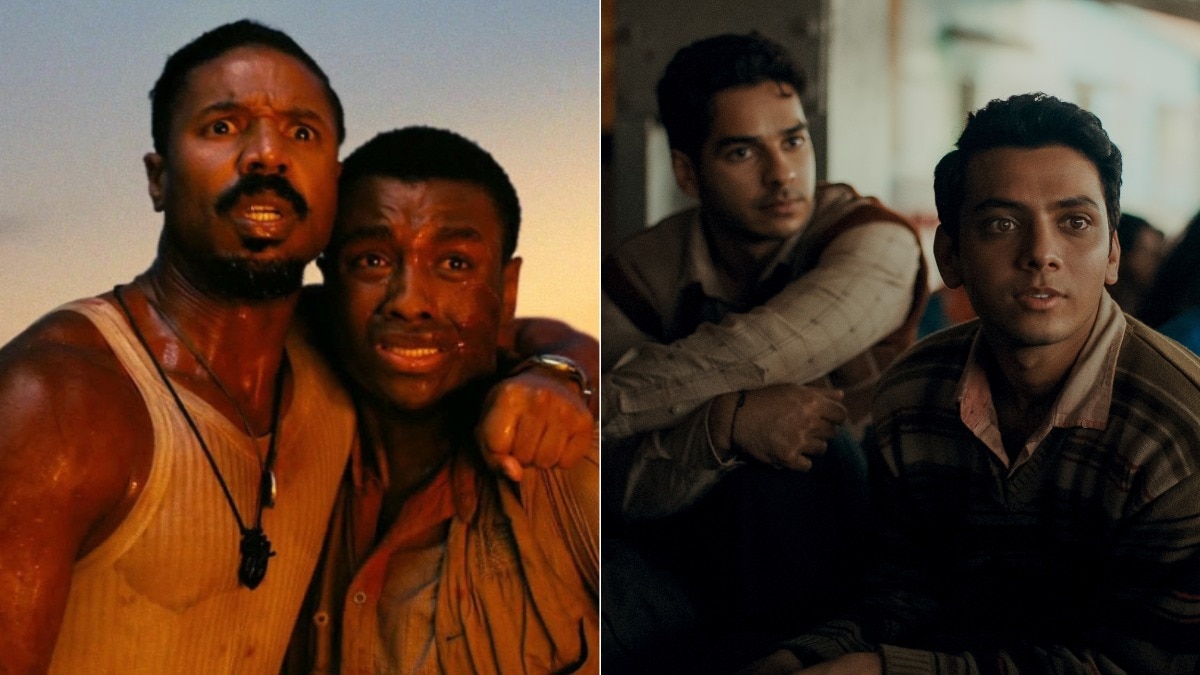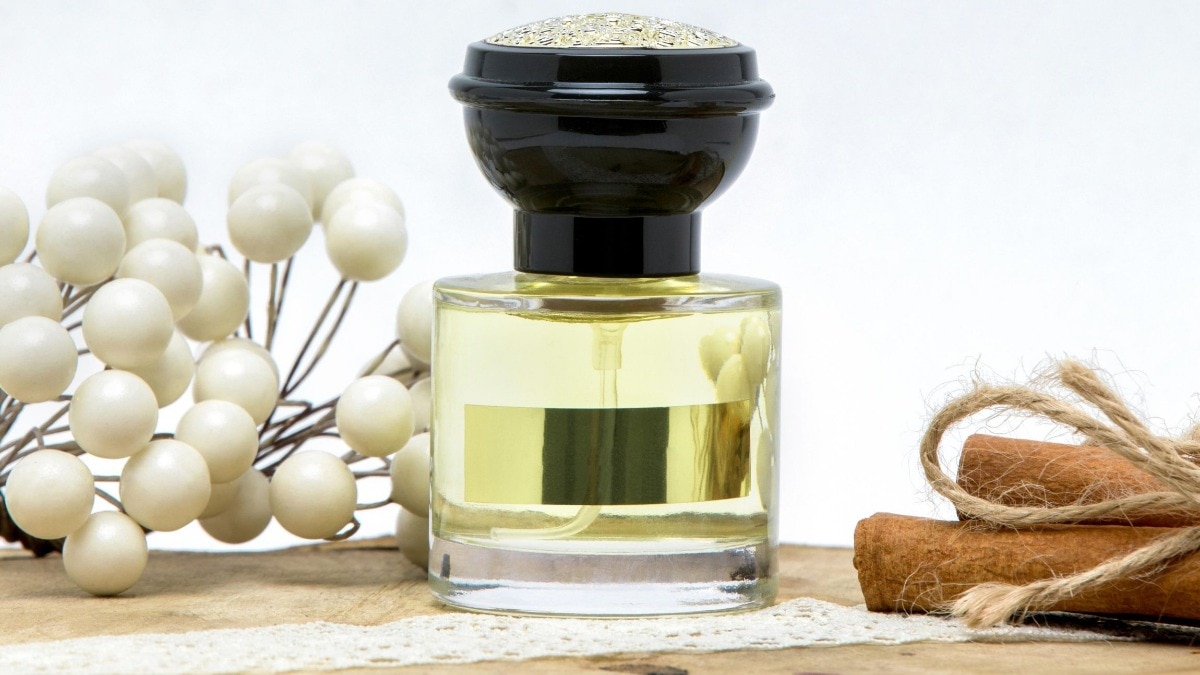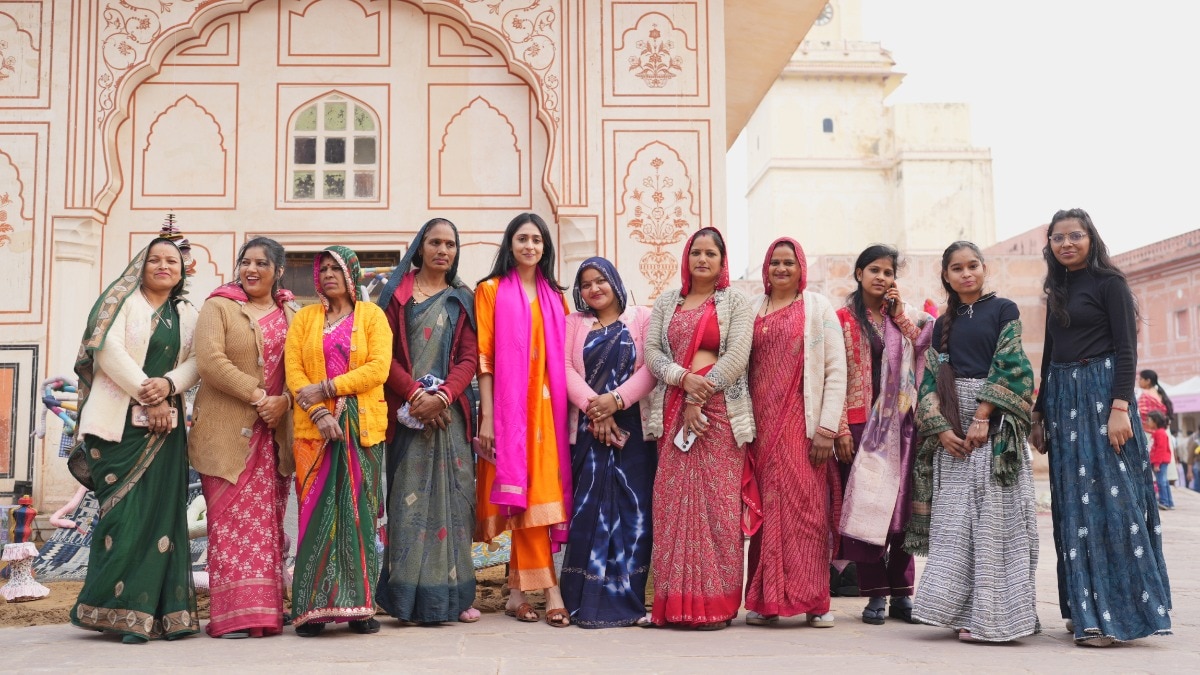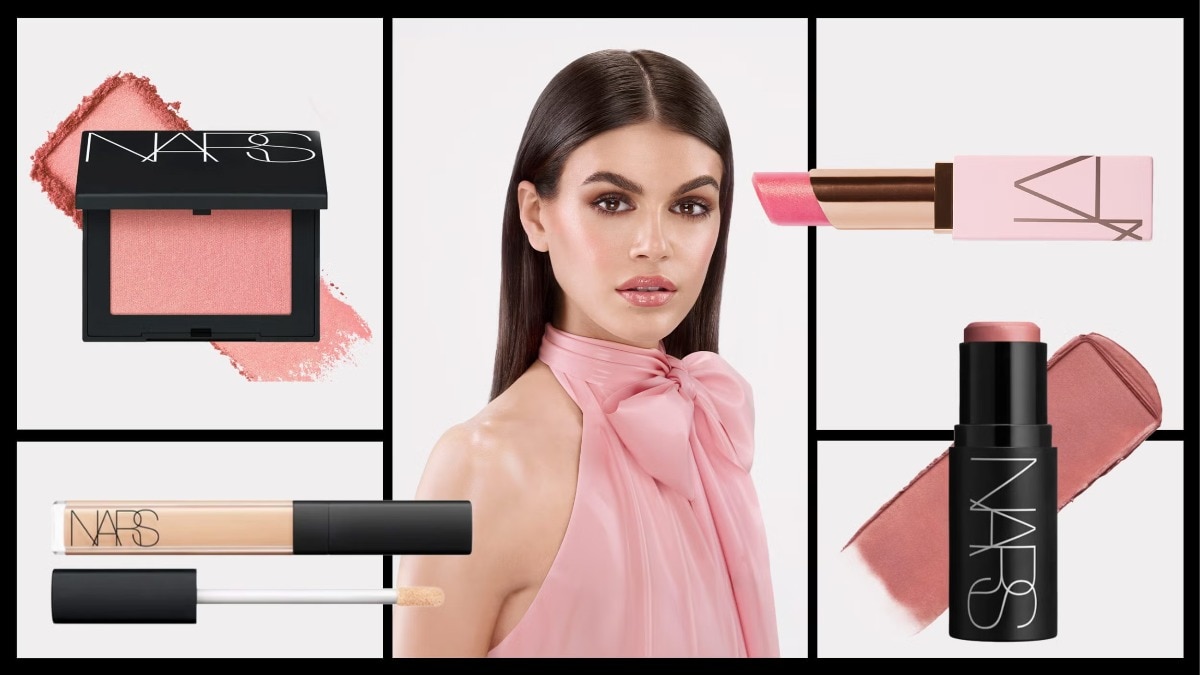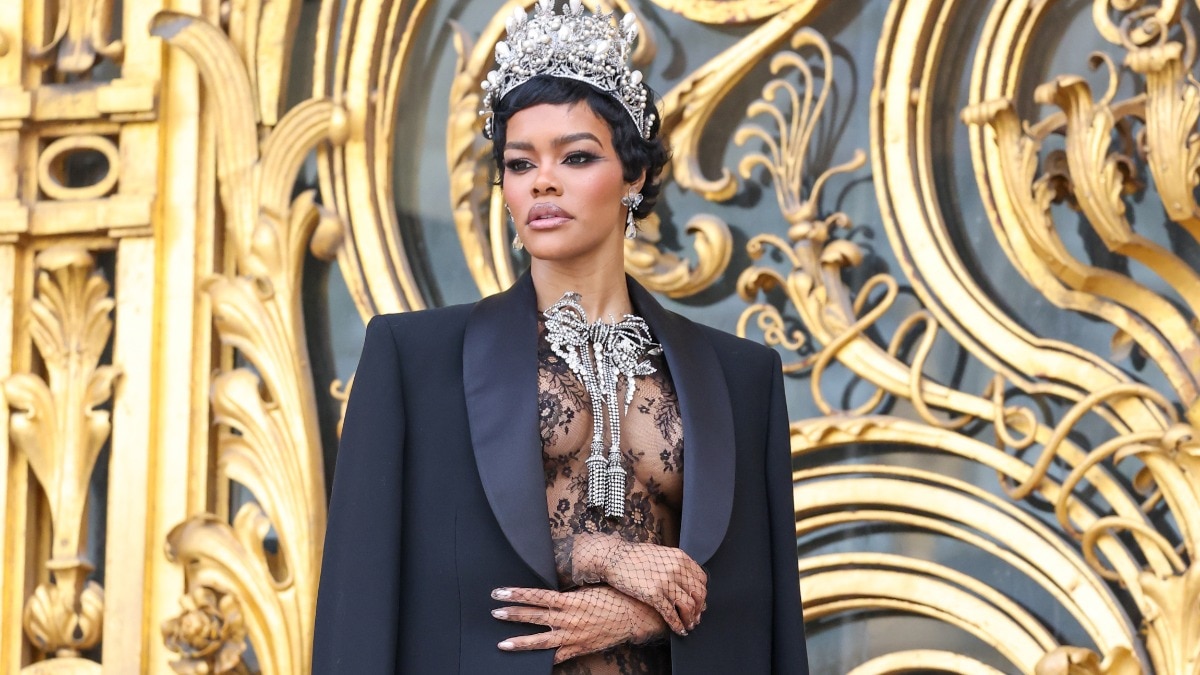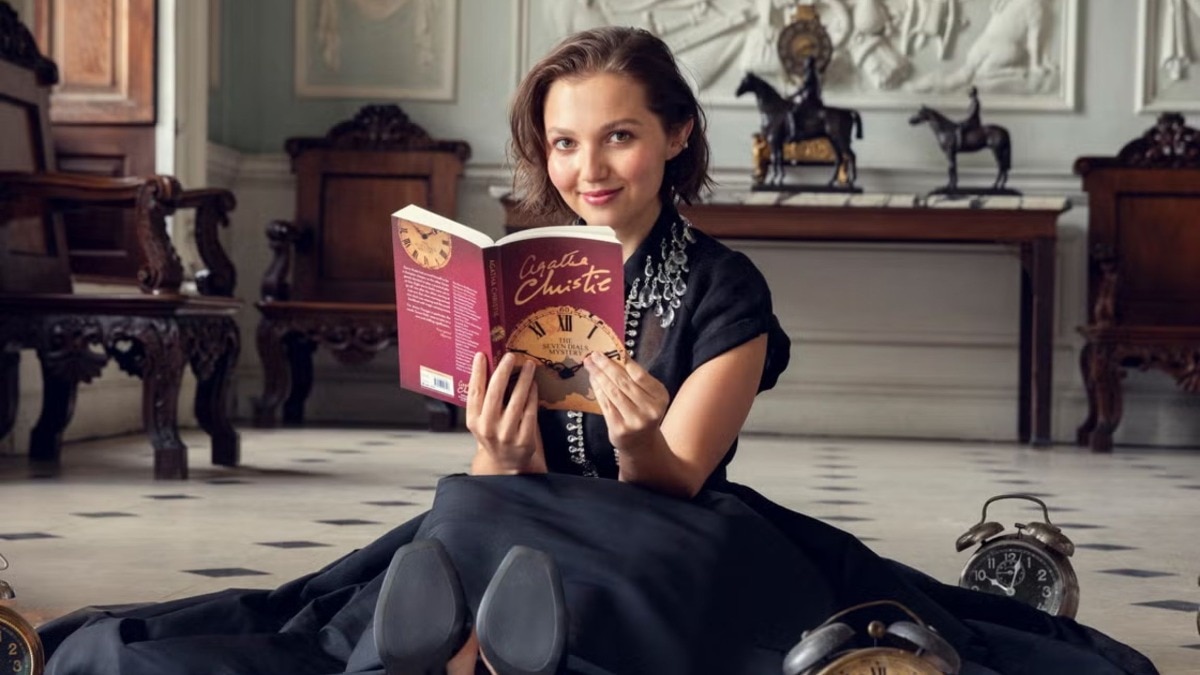The new first lady of New York is an artist, an activist, and the chicest woman alive
There's a new kid on the block...


At just 28, Rama Duwaji represents a fresh, fearless chapter in New York’s political landscape. Born to Syrian-American parents and rooted in a creative background, she embodies a generation that blends culture, identity, and activism with an unfiltered sense of purpose. Her journey from the world of digital art and social commentary to becoming the city’s youngest first lady is as unconventional as it is compelling. Far from the image of a traditional political spouse, Duwaji’s creative instincts and outspoken voice reflect a generational shift—one where art, activism, and authenticity coexist seamlessly.
The artist behind the message
An illustrator, animator, and ceramist, Duwaji has long used her craft as a medium for dialogue and resistance. Her work—featured in publications like The New Yorker, The Washington Post, BBC, and VICE—often explores themes of Middle Eastern identity, displacement, and justice. From animated pieces spotlighting humanitarian crises in Sudan to digital art addressing U.S. immigration raids, her portfolio demonstrates both empathy and urgency. It is this blend of creative vision and social awareness that many believe helped shape her husband Zohran Mamdani’s winning campaign. Behind the scenes, Duwaji reportedly contributed to his visual branding, logo design, and digital storytelling, giving the campaign its distinctive, youth-driven energy.
The politics of style
New York’s newest first lady has already become an emblem of Gen Z fashion intelligence. Her personal style draws from downtown art-school minimalism, diasporic craft, and subtle rebellion. On her social media, she’s often seen in all-black ensembles, statement jewellery, and sharp, clean silhouettes—each look merging artistic intent with ease. For her debut public appearance after Mamdani’s win, Duwaji chose a hand-embroidered top by Palestinian-Jordanian designer Zeid Hijazi, paired with a velvet lace skirt from Ulla Johnson. The look was powerful not only for its elegance but for the message it carried—a nod to her Arab heritage and her unwavering advocacy for Palestinian identity and artistry.
Her fashion choices tell stories beyond aesthetics. They acknowledge the intersection of politics, craftsmanship, and culture—whether she’s wearing emerging diaspora designers or supporting New York’s local design community. With her distinct aesthetic and understated confidence, Duwaji is already redefining what political representation can look like in the age of social media and visual storytelling.
The Gen Z spirit of change
As part of a generation known for authenticity and advocacy, Duwaji personifies a new kind of leadership—one that doesn’t rely on convention to command respect. Her presence at the intersection of art, politics, and social justice feels both deliberate and organic. She represents a voice that speaks not through speeches, but through cultural statements—imagery, symbolism, and subtle acts of expression.
Lead Image: Getty Images
Also read: Inside Natasha Poonawalla’s world: Couture, purpose, and the power of personal style

